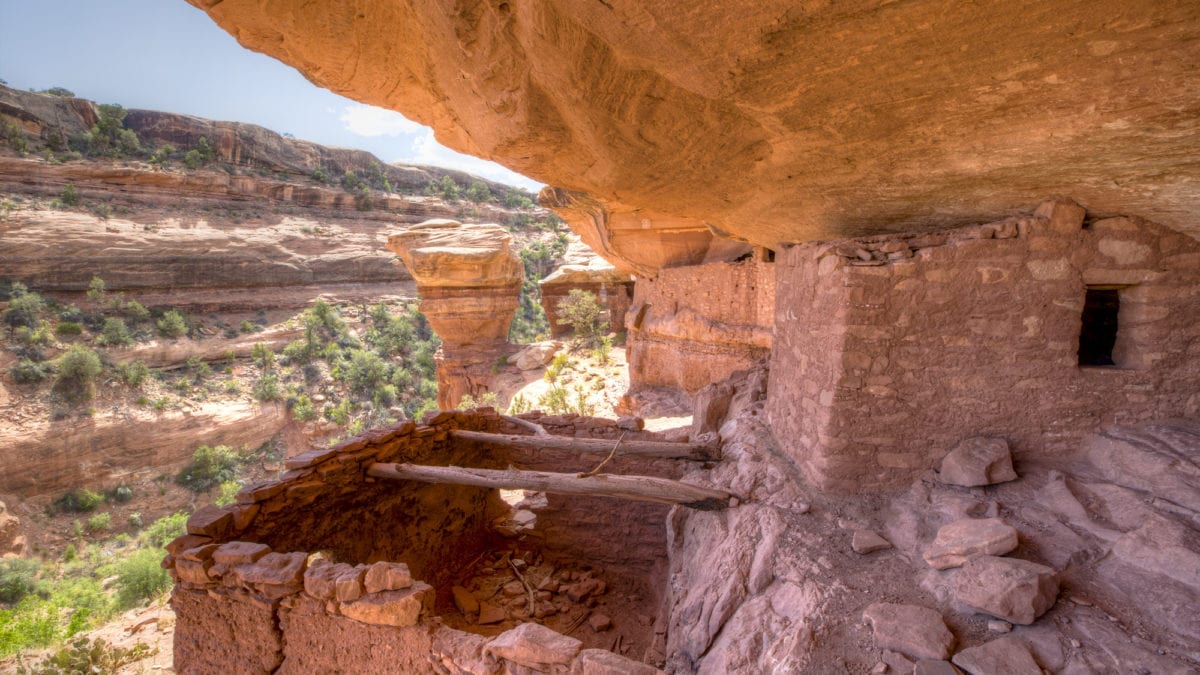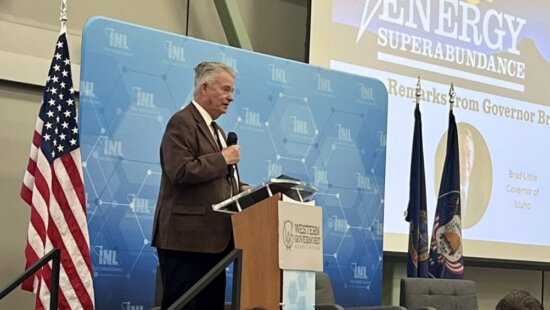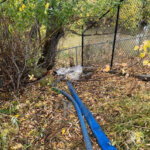Politics
Utah withdraws from land exchange with federal government

Historical indigenous dwelling in Bears Ears National Monument. Photo: Bob Wick // Courtesy of Bureau of Land Management – Utah
Utah was able to terminate the memorandum of understanding and exchange agreement before it was ratified by U.S. Congress
SALT LAKE CITY – The state of Utah, led by Gov. Spencer Cox, Senate President Stuart Adams, and Speaker of the House Mike Schultz, recently withdrew the state from a Memorandum of Understanding (MOU) with the U.S. Department of the Interior and the U.S. Department of Agriculture.
The MOU, signed in March of 2023, was a land exchange agreement which would exchange state school and institutional trust lands (SITLA) and mineral interests for federal lands and mineral interests, specifically land around the Bears Ears National Monument.
“Utah has sought for a collaborative, inclusive approach to managing our public lands, including in the management of the Bears Ears National Monument, yet the Biden administration continues to ignore our good faith input,” Cox, Adams, and Schultz wrote.
Utah was able to terminate the MOU and exchange agreement as it was not yet ratified by the U.S. Congress, therefore not making it legally binding.
“The federal government has signaled that it once again plans to adopt a restrictive land management plan that will harm recreational access, grazing, and other traditional public uses of these lands.
“When the administration is prepared to have a serious and good faith collaborative discussion about land management, we stand ready to renew discussions of a land exchange.”
The MOU was intended to provide an exchange of SITLA lands and mineral interests in Iron, Kane, San Juan, Tooele and Uintah counties for federal government lands in Beaver, Carbon, Duchesne, Emery, Garfield, Grand, Iron, Kane, Millard, Rich, San Juan, Sanpete, Sevier, Tooele, Uintah, Utah, Wasatch, Washington and Wayne counties.
The withdrawal from the agreement, sponsored by state Rep. Casey Snider, argues that the federal government’s plans to “adopt an exceptionally restrictive and unreasonable land management plan” would negatively impact the communities surrounding the Bears Ears National Monument.
The legislation argues that the federal government would negatively impact the state’s public school children, by restricting community access to grazing land, resource development, and recreation.
“The Legislature calls on the federal government to put forth a land management plan in line with historical practice that would benefit all local communities and trust land beneficiaries impacted by the proposed land exchange.”



















